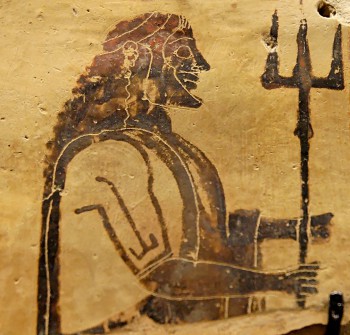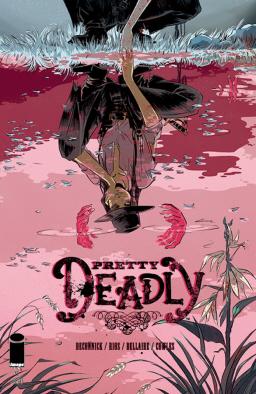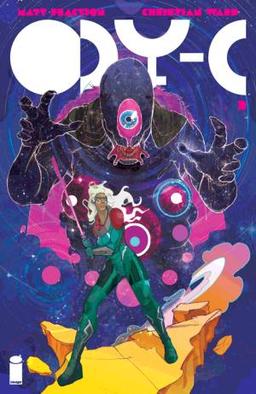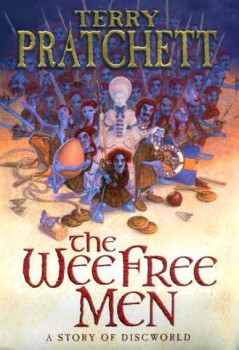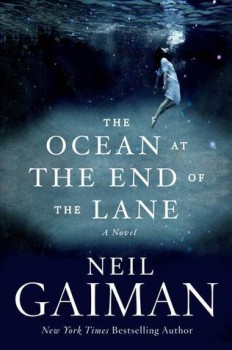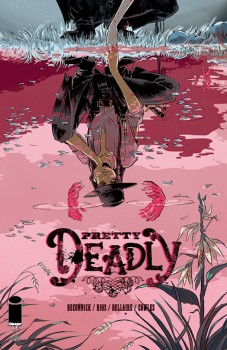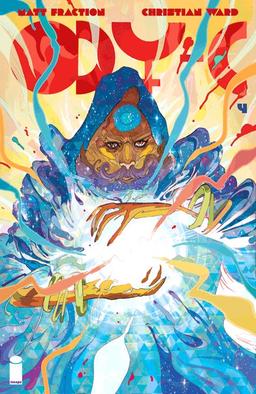 In my review of issue #4 of Ody-C I said that it might be my last. I read Issue #5 hoping to be proven wrong.
In my review of issue #4 of Ody-C I said that it might be my last. I read Issue #5 hoping to be proven wrong.
I wasn’t.
Artistically, Ody-C is still strong, and a lot of people out there are going to love it. I’m just not one of them. What I love about Homer and the direction Fraction and Ward are taking the work are two very different things. And that’s ok. That’s how re-creations work. But as someone who has far less time to read than things she wants to read, this is going to have to drop off the list for now to make room for something else.
And that in turn made me wonder: what is it that makes you, as a reader, stop reading? When I was younger I always finished books, even when I didn’t like them. I wanted to really dissect what I didn’t like about them. I’m also just too curious to go without finding out how a story ends.
As I’ve gotten older, though, the reasons I drop a book or series have multiplied. There are those that I simply don’t like, like Ody-C. There are those that I’ve just gotten tired of, like a TV series that shall remain unnamed but is in its tenth season and probably ought to go. Even the actors look tired of their parts, my favorite side characters are gone, and the sense of peril has completely drained away.
(OK I lied. It’s Supernatural. Bobby’s gone, Ellen and Jo are gone in a way I’m still angry about, and there are only so many times your main characters can die before it stops meaning anything. Also, I think they have run out of new monsters.)
And maybe it’s age leading to crankiness, but there are storylines and characters I’m getting tired of. I’m really, terribly bored with ‘very tough on the outside and won’t accept any help but deeply emotionally vulnerable on the inside with a load of childhood traumas’. Of all available genders. This makes reading entire genres difficult.
But again, these are my objections. What are yours? What makes you drop something: a show, a comic, a book? And what could bring you back to it?
 I may ramble on a bit this week, and I apologise in advance. You see, I have a deep attachment to Medusa. She’s the center feature of the aegis tattoo I have on my right arm. My doctoral dissertation (which I do not recommend anyone read) was entitled Medusa’s Blood because of its discussion of a lot of what I’ll cover today. And, fittingly, a review of Clash of the Titans was the first thing I ever wrote for Black Gate, a handful of years back.
I may ramble on a bit this week, and I apologise in advance. You see, I have a deep attachment to Medusa. She’s the center feature of the aegis tattoo I have on my right arm. My doctoral dissertation (which I do not recommend anyone read) was entitled Medusa’s Blood because of its discussion of a lot of what I’ll cover today. And, fittingly, a review of Clash of the Titans was the first thing I ever wrote for Black Gate, a handful of years back.